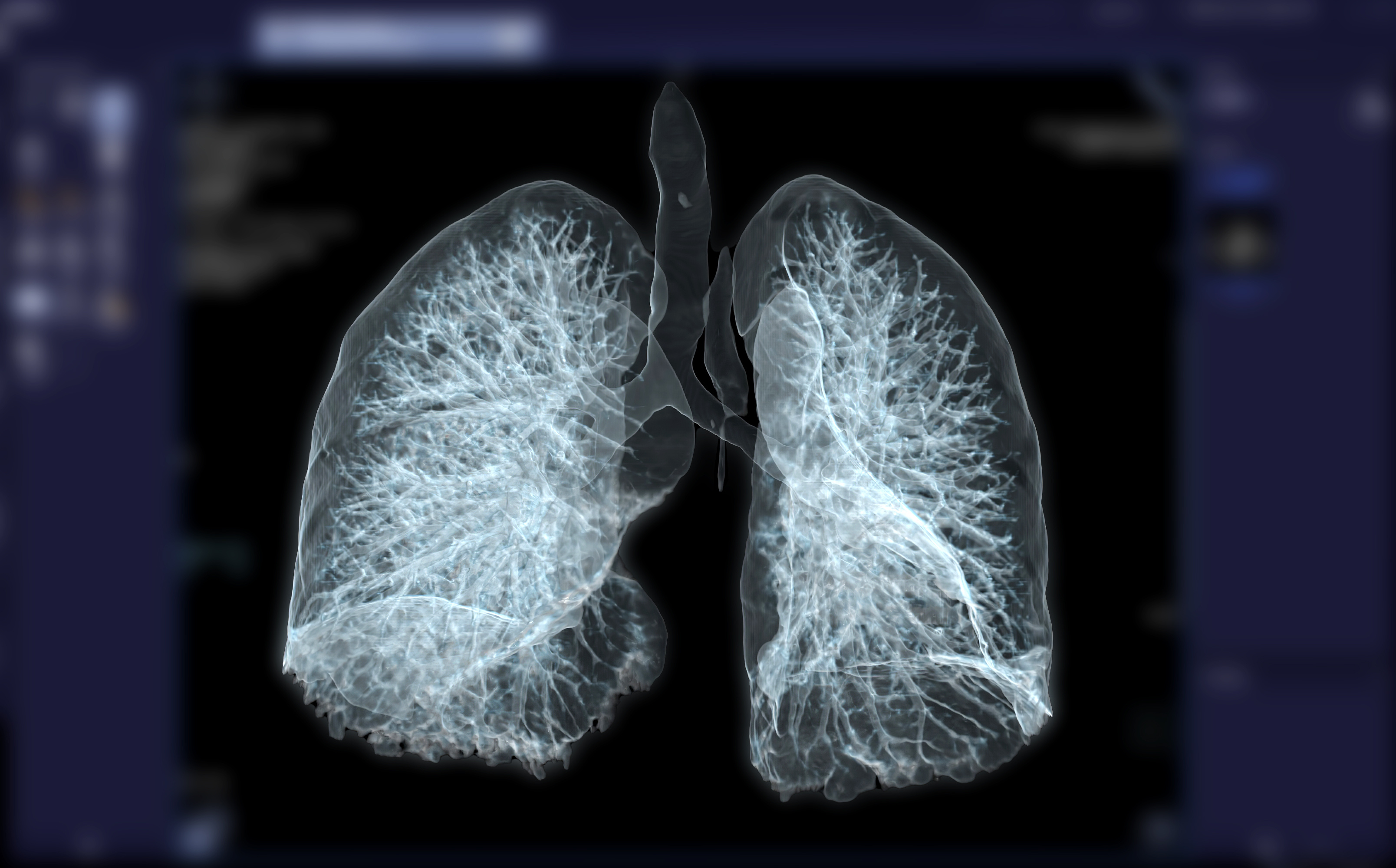
Investigators uncovered the incidence of and risk factors for new-onset interstitial lung disease in patients with systemic sclerosis, according to a press release from the ACR. In a new study—presented by Petelytska et al at ACR Convergence 2023—investigators analyzed data from 5,331 patients with systemic sclerosis from the European Scleroderma Trials and Research group who tested negative for interstitial lung disease on high-resolution computed tomography scans at baseline. They then divided the patients into two groups: those who tested positive and those who tested negative for interstitial lung disease after follow-up imaging. After a median follow-up of 3.8 years, 20.2% (n = 1,075) of patients developed new-onset interstitial lung disease; the overall incidence was 3.83 per 100 person-years. Further, risk factors for the disease included stage II or higher shortness of breath, male sex, age, elevated inflammatory markers, hemoglobin level, antitopoisomerase I antibodies, and anticentromere antibodies; however, ethnicity, smoking history, and disease duration were not significant predictors of new-onset interstitial lung disease. The investigators plan to conduct further studies to determine which drugs may be effective at preventing the disease. “It is our plan to include both immunosuppressants and vasoactive and vasodilating drugs, which are among those most commonly administered to [patients with systemic sclerosis],” concluded lead study author Liubov Petelytska, MD, PhD, a postdoctoral researcher at the University Hospital of Zürich.